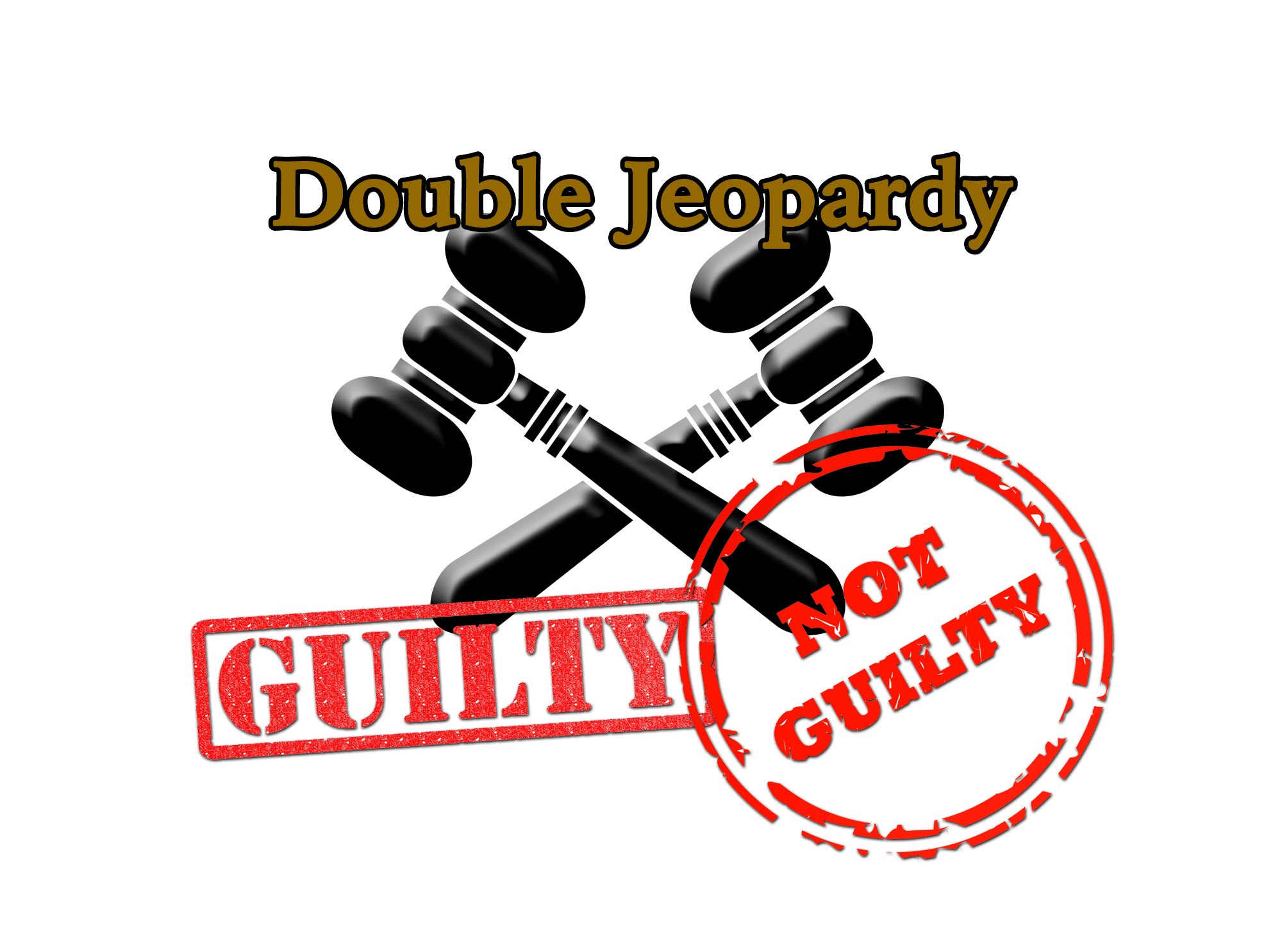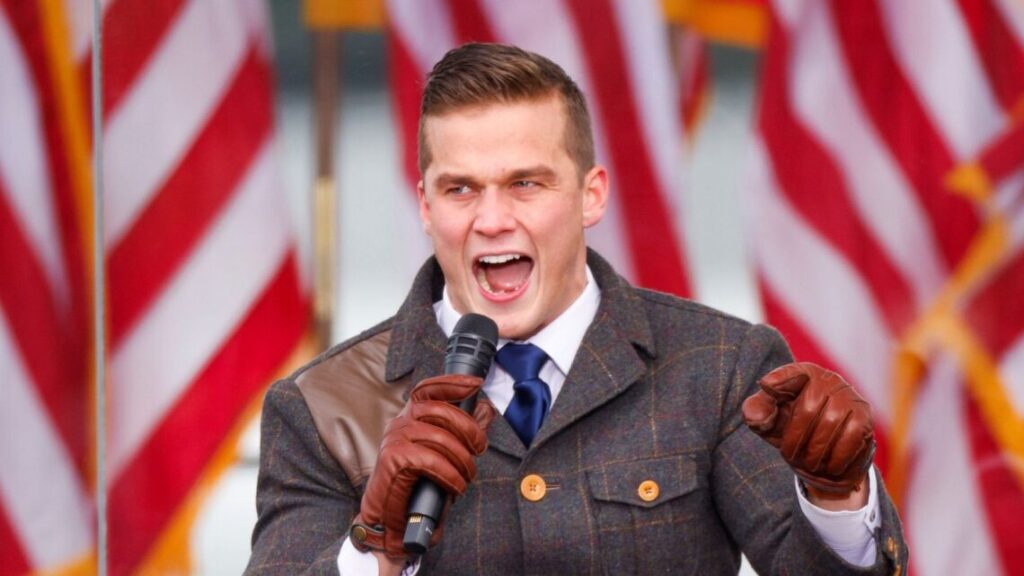One of the more maddening things for we citizens is to read something in plain English in the Constitution only to have the Brahmans of the Court tell us it does not mean what it says. That is the case of the protection against “double jeopardy” – being tried for the same crime a second time.
That issue may come back to the surface with implications for the trials of former Trump Campaign Manager Paul Manafort. He is being tried in both federal and state courts for essentially the same crimes. A constitutional challenge to the current law could – just could – get him out those cases that were filed in the Southern District of New York and the Northern District of Virginia. Some argue that the guilty verdicts could be thrown out even though he already confessed to some charges.
According to the Fifth Amendment of the Constitution, “… (n)or shall any person be subject for the same offence to be twice put in jeopardy of life or limb…” Pretty simple. Citizens of United States – who are the only people protected by the Constitution – cannot be required to stand trial for a second time on the same offense.
In 1847, the Supreme Court decided that the double jeopardy protection did not apply to being tried for the same defense by the federal courts and local courts – declaring the two to be “separate sovereigns.” In other words, if you are found innocent of a crime in a state court, you can be put on trial for the same crime in a federal court. That happens a lot. And, according to the current opinion of the Supreme Court, that does not constitute double jeopardy.
The Court proffered the theory that since they are two different jurisdictions (sovereigns), they can pursue an accused separately. If you were that person, you would most certainly believe you were in double jeopardy.
Since that highly controversial decision in 1847, constitutional and legal scholars have argued that the Court erred. Been known to happen. The federal ban on being tried twice is a constitutional protection – a protection against ANY second trial for the same offense applicable to ANY citizen. The Fifth Amendment does not make an exception for “separate soveriegns.”
States can make their own laws, but not when they violate the basic rights protected by the Constitution. So sayeth the Tenth Amendment. All rights and powers not strictly provided to the federal government in the Constitution are to be retained by the states and the people. The intention of the Founders was to strictly limit the power of the central government.
So … how did Washington (the city, not the man) become so powerful? You need to ask the justices of the Supreme Court why they so often have trouble with the English language as found in the Constitution. The document seems pretty clear. Protection from double jeopardy is right there in the Constitution. It does not yield that decision to the states even in view of the Tenth Amendment.
The same reason that states cannot try a person already tried by the federal government – or at least should not be able to — is the same reason that the claim of states’ rights did not protect slavery. It was a violation of federal constitutional rights of all citizens – ergo forbidden. States could not plead as “separate sovereigns” – although they tried with nullification acts, but that is a different story.
Opposition to the current interpretation of double jeopardy is so profound that two of the Supreme Courts most distant members in terms of judicial philosophy – Ruth Bader Ginsburg and Clarence Thomas – both believe that the 1847 decision should be reviewed and potentially reversed.
The 171-year-old decision of the Court could be upended in the case of Gamble v. United States of America, which challenges the law and is on the docket to be heard by the current Court. That is the case that could impact significantly on Manafort. If the court reverses itself, he could be off the hook for all the non-federal cases – and Trump could grant a pardon for any or all of the federal charges.
What are the chances? Who knows. But with Ginsberg and Thomas on the same side – and with the Court having a clear five-member majority, it does seem very possible. Manafort notwithstanding, however, it is probably time for the Court to declare that the constitutional prohibition against double jeopardy means what it says.
So, there ‘tis.




